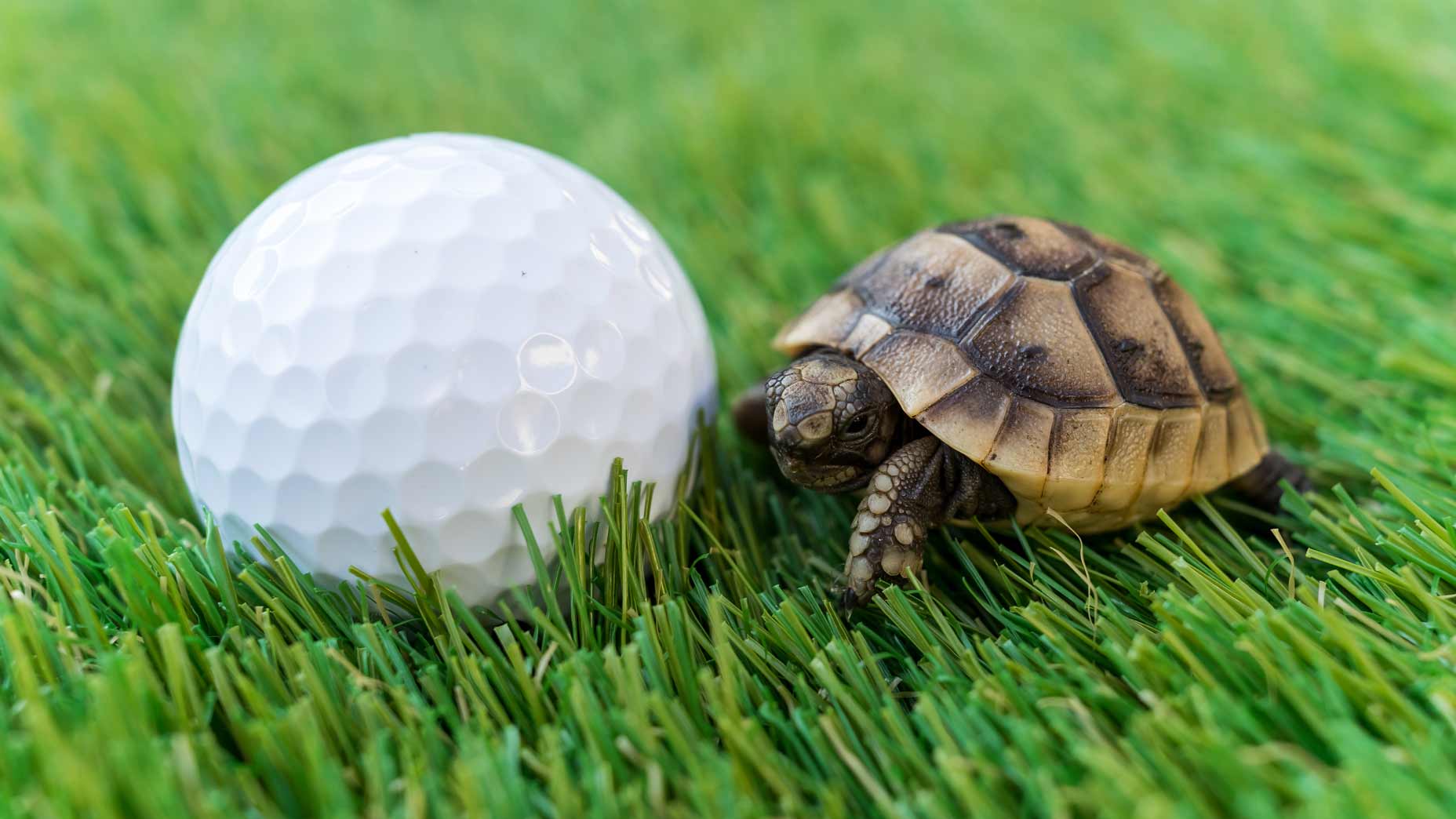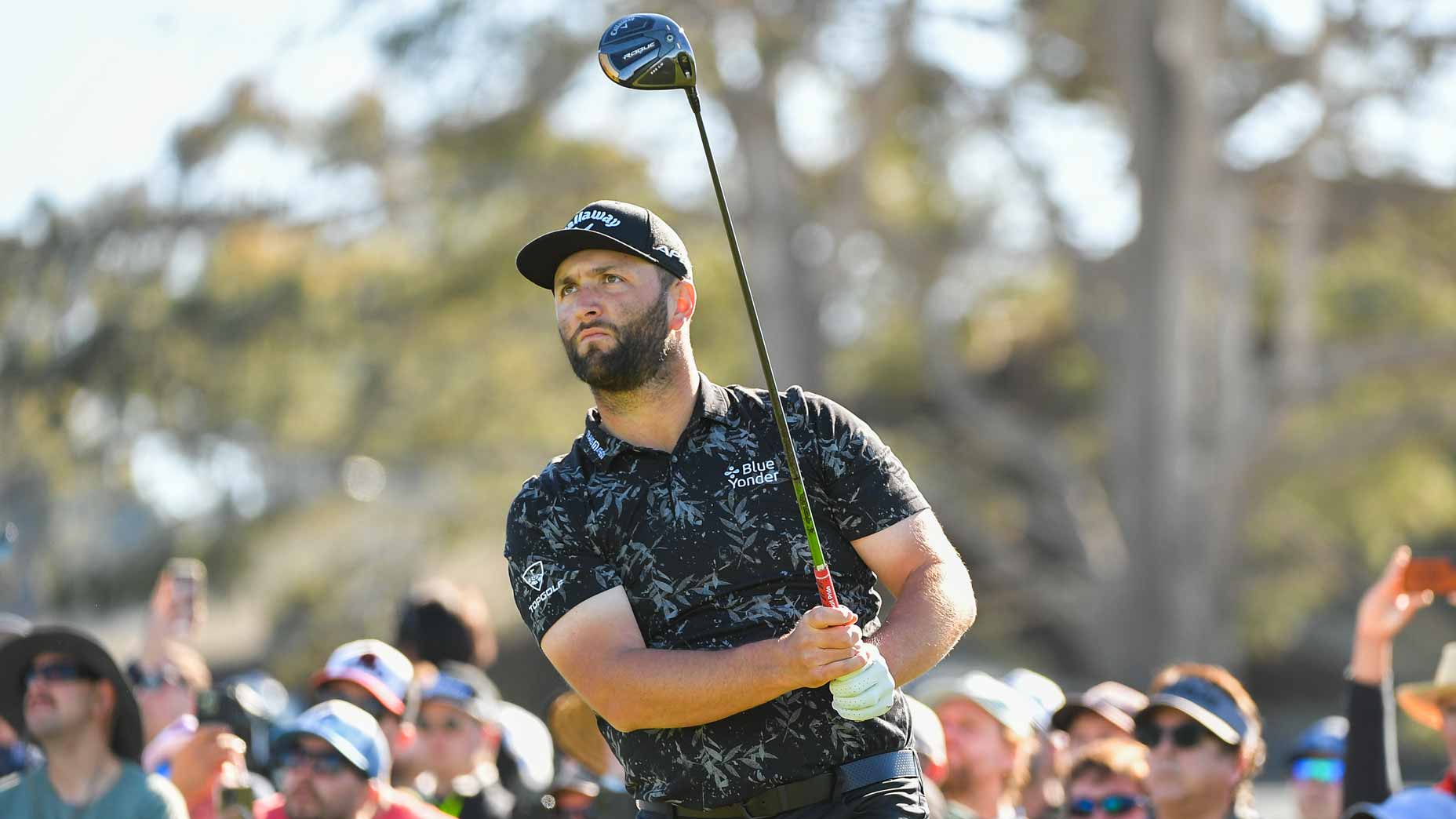
Slow play is one of the worst things in golf.
Getty Images
No one likes slow play. Golf is already a game that requires a good chunk of time, and when you add a glacial pace on the course, it only elongates that commitment.
Slow play isn’t a new issue, either. Pros have bemoaned slow play for decades (Lee Trevino went so far as to ‘declare war’ on it in the 70s), and the Rules of Golf have even been adjusted to combat the issue. But still, the problem persists.
Slow play doesn’t just negatively affect your enjoyment of the game. It could be hurting your scores, too. According to data from Arccos Golf, average scores are lower — across all handicap levels — when pace of play is faster.
Arccos collected this data from golfers who use their stat-tracking system and recorded at least six, 18-hole rounds. The data was for par-72 courses between 6000 and 6,500 yards in length, between 70 and 73 course rating, and a slope between 120 and 130.
The results, as you can see above, illustrate that the faster you play, the lower your scores. In fact, for each half hour added to your round, you can expect to play a half stroke worse on average. Take an extra hour on your next round, and it could mean the difference between breaking 90 for the first time and another post-round of what-ifs.
Obviously, you can’t always dictate the pace of play if the entire course is backed up, but when it is your turn to hit, remember that faster play might just result in lower scores.









